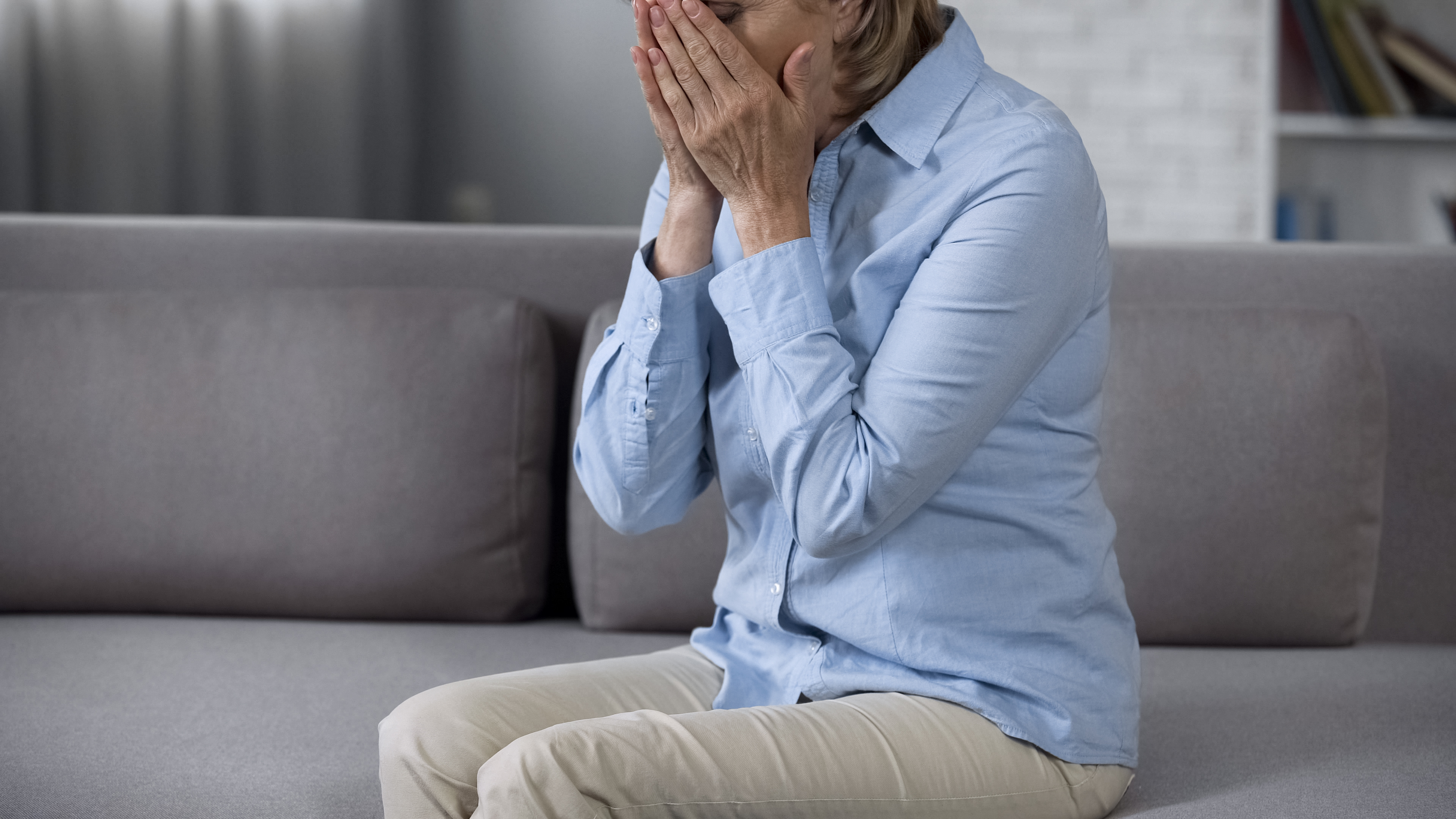In The End: Family Caregivers Deal With The End Of Life
January 29, 2020

The prospect of losing a loved one is tough enough. To lose a loved one and provide some of the nitty-gritty, hands-on end-of-life care required before death just makes it all the more difficult. But for many family caregivers, that’s the reality they face, as more and more patients at the end of life choose to die at home. Even with the support of a home hospice program (click here for a basic primer on hospice care), the demands on family caregivers can be much more than they anticipated.
A recent story on NPR shined a light on this dilemma and profiled several families who grappled with this situation. As one daughter commented, “I felt more like a tired nurse than a devoted daughter.” As more and more patients want the comfort and familiarity of home in their last days, families have been caught off guard with the physical demands they are being asked to undertake. Home hospice programs provide professional consultation and a 24-hour hotline, but it’s often left to family members to actually implement instructions concerning pain management or symptoms like constipation. Many are left with no choice but to hire additional support (paid for out-of-pocket) to help keep up with the demands and keep the patient comfortable. And many families feel ill-equipped to be dealing with such tasks. For some helpful guidance and a preview of what you may face should you find yourself in this situation, pull out your pen and paper and read here.
While many family members find this to be an overwhelming experience, some find it life-altering, as it prompts them to question what they’ve faced and to consider how things could have been different or better. In particular, many believe the fear and anxiety that often suffuse the last days of life could be relieved and transformed into a more serene and tranquil experience. For example, take Susan Capurso, who trained to become a death doula following the death of her husband from complications of the flu. She sees her role as helping to guide dying patients and their families toward a peaceful end by lessening fear and handling emotions that arise in such situations. She also helps patients record a written legacy to leave for their families. Find out more about her work, and the work of doulas at the end of life by reading here.







